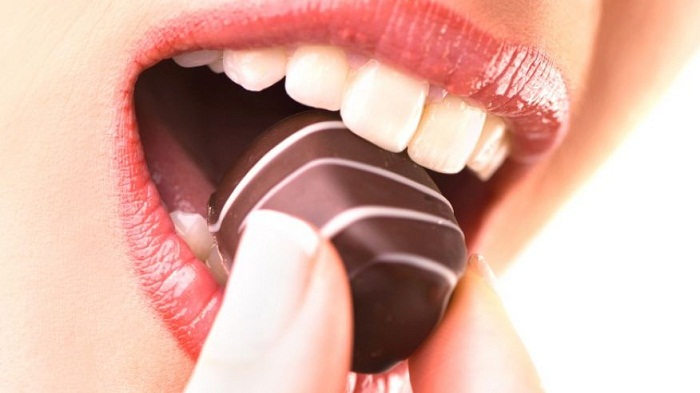The researchers long believed in beneficial effects of eating cocoa products containing compounds called flavanols, and arranged the tasty experiment to prove themselves right.
Dr. Simin Liu, a co-author and director of the Center for Global Cardiometabolic Health at Brown University, said in a statement that the consumption of cocoa flavonol showed to abate factors leading to cardiometabolic illnesses, including dyslipidemia (elevated triglycerides), insulin resistance and systemic inflammation.
Whether the flavanols were consumed through dark chocolate or cocoa powder-based beverages, there were "small-to-modest" but consistent improvements in certain biomarkers such as cholesterol levels or volunteers` sensitivity to insulin (the hormone that controls blood sugar levels).
The impact was evident in both women and men and most significant in those who ate 200 to 600 milligrams of flavanols a day, researchers say. However, lead author Xiaochen Lin noted that replacing veggies on breakfast with sweets wouldn`t be a smart idea.
"The findings from the current study apparently shouldn`t be generalized to different sorts of chocolate candies or white chocolates, of which the content of sugar/food additives could be substantially higher than that of the dark chocolate." He said. Liu expressed hope that the experiment will inspire scientists to conduct more complicated tests to determine most directly whether cocoa`s flavanols reduce heart attacks and diabetes cases.
More about:
















































